Polls close in presidential vote as Indonesia holds world’s largest single-day election
Polls closed in Indonesia on Wednesday with more than 200 million voters casting their ballots to elect a new president, in the world’s biggest single-day election.
Indonesians decided the successor to President Joko Widodo, widely known as Jokowi, who completes his second term in office in Southeast Asia's biggest economy.
Despite concerns over his human rights record, Defense Minister Prabowo Subianto emerges as the leading candidate, facing competition from two former provincial governors, Anies Baswedan and Ganjar Pranowo, in the race for the nation's highest office.
The 72-year-old Subianto, who has chosen Jokowi's 36-year-old son and Surakarta Mayor Gibran Rakabuming Raka as his running mate, has promised to pursue Jokowi's economic development plan in the country.
In addition to the presidency, about 20,000 national, provincial and district parliamentary seats are up for grabs by tens of thousands of candidates.
About 10,000 hopefuls from 18 political parties are eyeing the national parliament’s 580 seats alone.
The final results of the votes are not expected until March, but so-called "quick counts" are expected to give a reliable indication of the winner later today.
Indonesia is a vast archipelago of 17,000 islands with a population of 270 million. The country ranks 115 out of 180 countries surveyed for corruption.
When Jokowi was elected in 2014, the country ranked 107 out of 175 countries in corruption cases according to Transparency International.
Jokowi has sought to fight corruption with a number of his ministers either under investigation for corruption or serving prison sentences.
These include former deputy minister for law and human rights, Edward Omar Sharif Hiariej, former minister for communication and information technology, Johnny Gerard Plate, former social affairs minister, Idrus Marham, former minister of youth and sport affairs, Imam Nahrawi, former minister of maritime affairs and fisheries, Edhy Prabowo, and former minister for social affairs, Juliari Batubara.
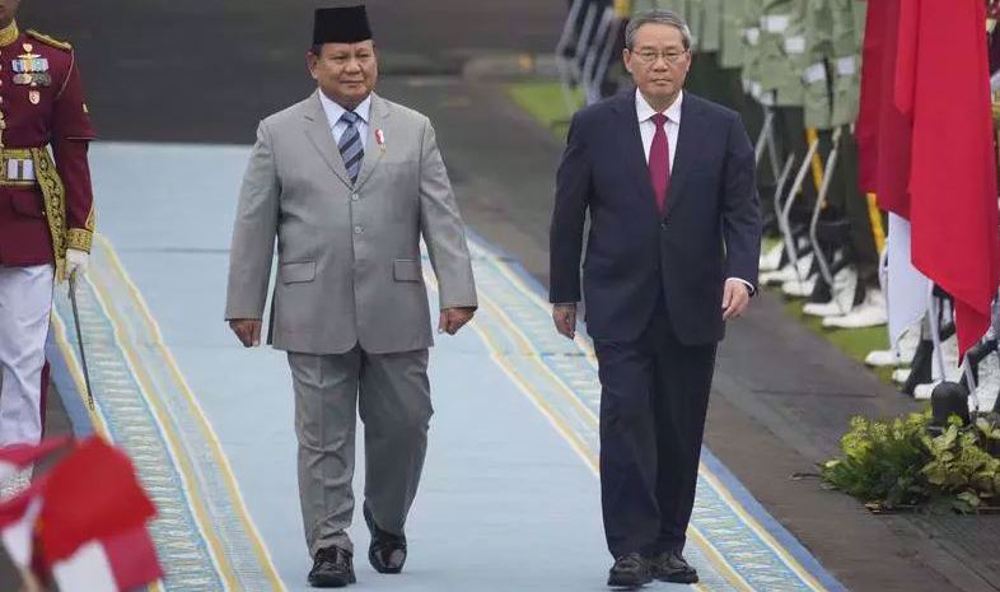
ASEAN leaders discuss expanding trade, slam US 'imperialism'
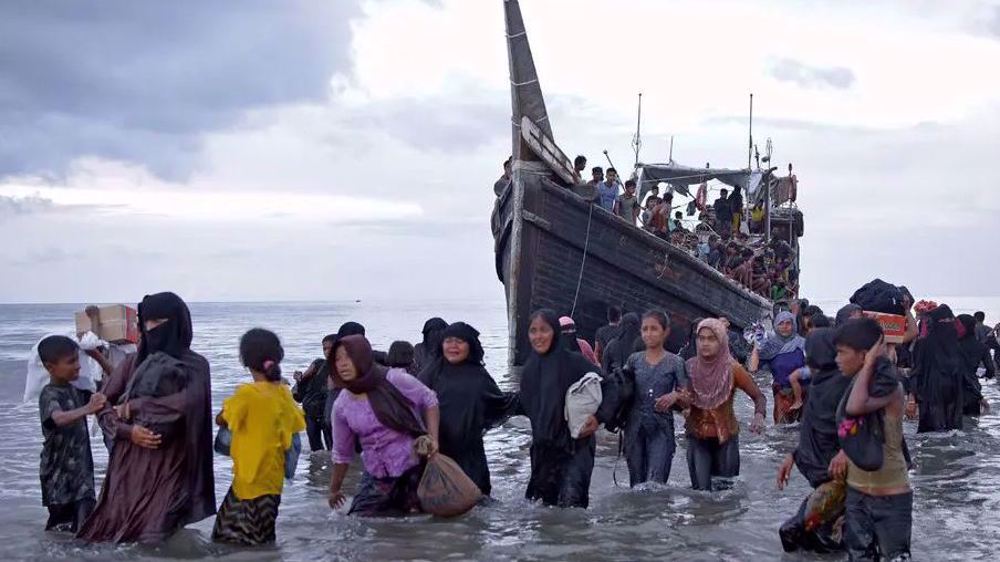
Over 400 Rohingya feared drowned in two shipwrecks off Myanmar coast: UN
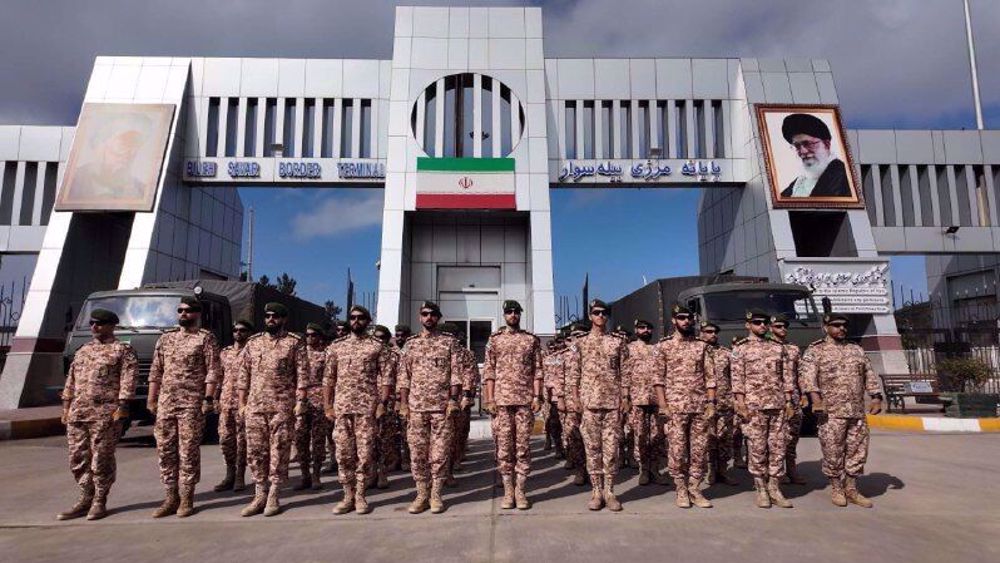
Boosting border security: Iran, Azerbaijan hold joint military drills in Karabakh
Iran, Oman eye setting up joint bank: CBI governor
Israel killed 10 aid seekers in two days in Rafah: Gaza’s Media Office
VIDEO | Press TV's news headlines
VIDEO | Borderless Africa campaign takes center-stage in Africa month
Israel has killed, wounded over 50,000 children in Gaza: UNICEF
'Hot summer awaits you': Yemen threatens reprisal after Israel attacks Sana'a airport
VIDEO | UK court rules police raid on journalist Asa Winstanley 'patently unlawful'
Iran’s annual unemployment rate at 7.6% in year to March: SCI


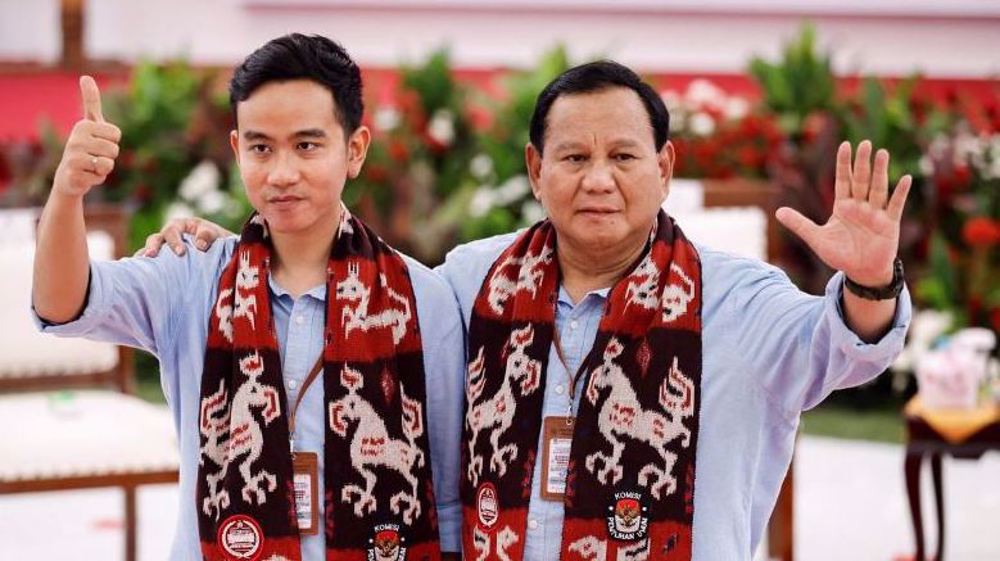
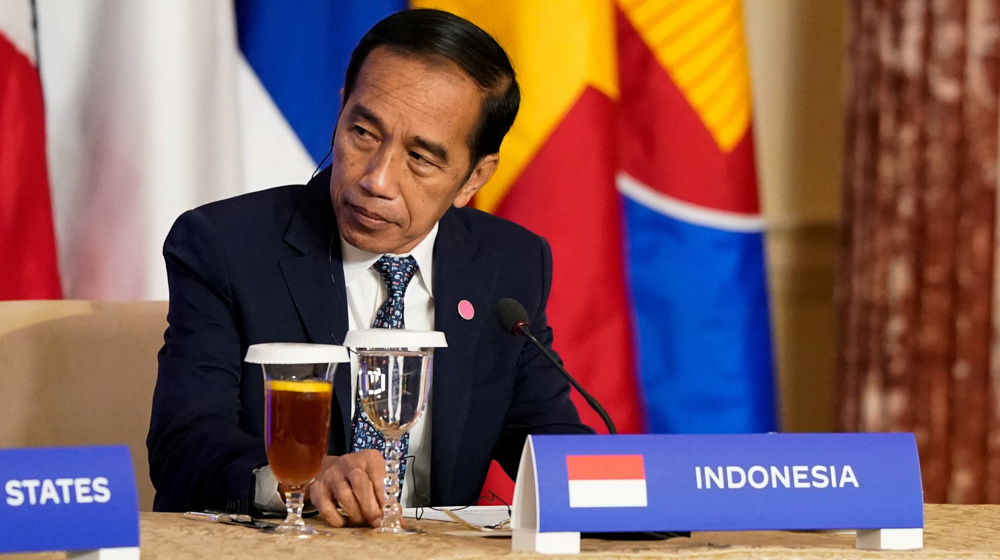



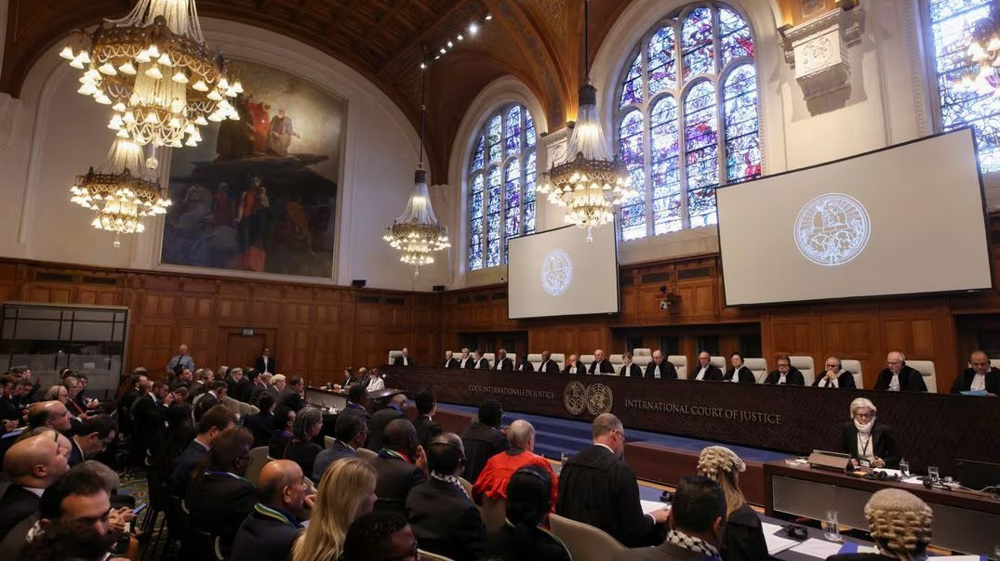
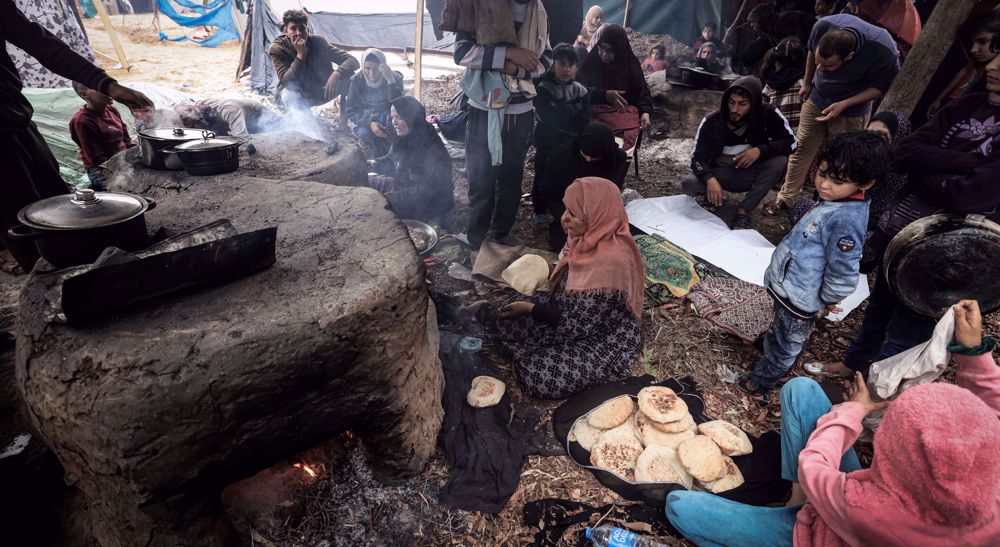
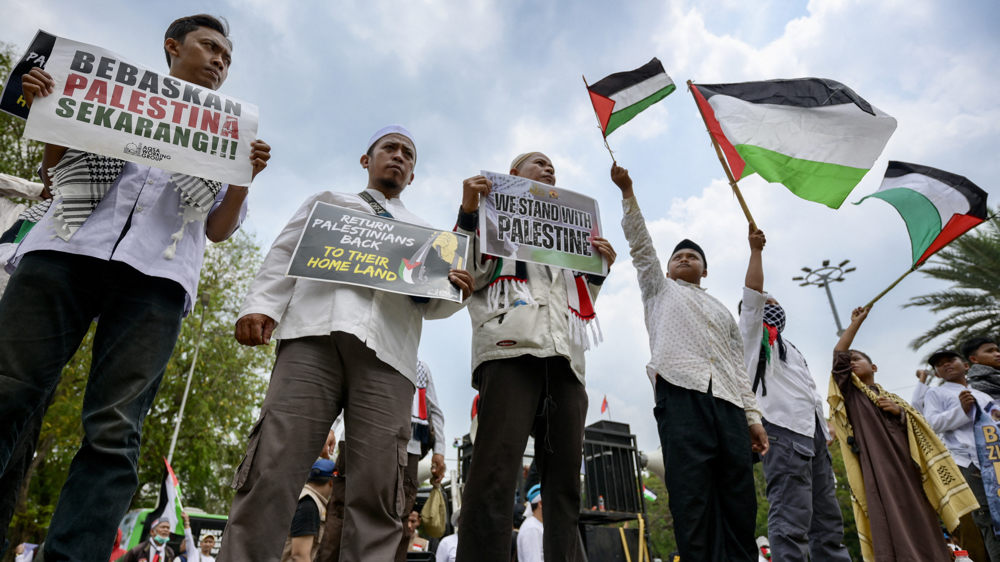
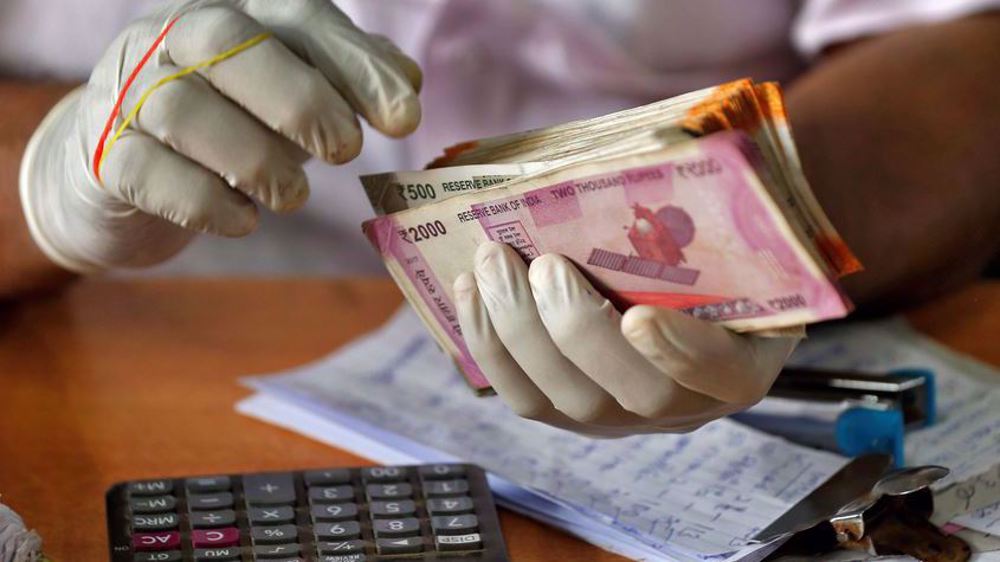
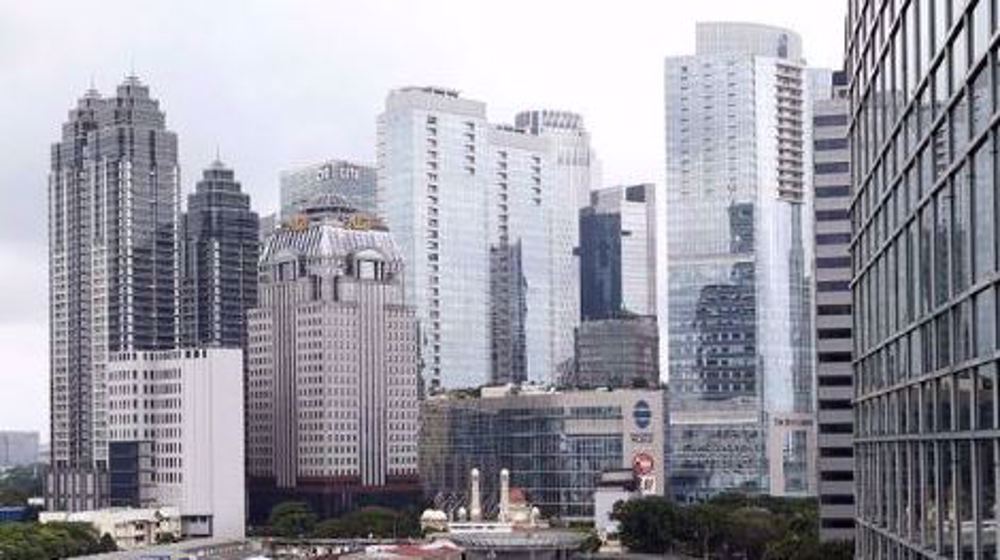
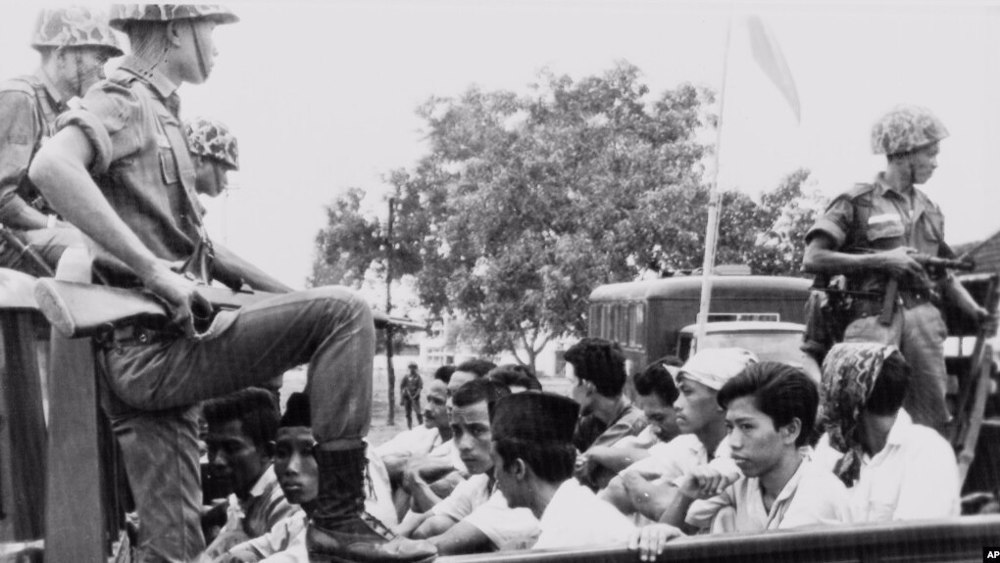

 This makes it easy to access the Press TV website
This makes it easy to access the Press TV website